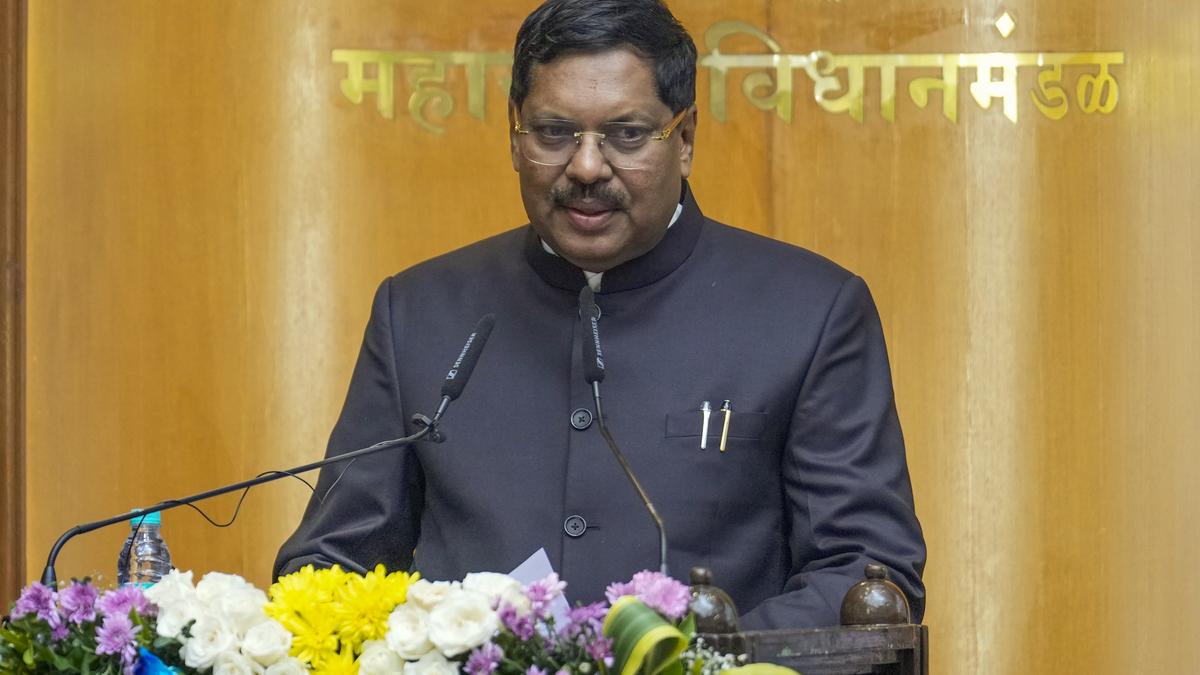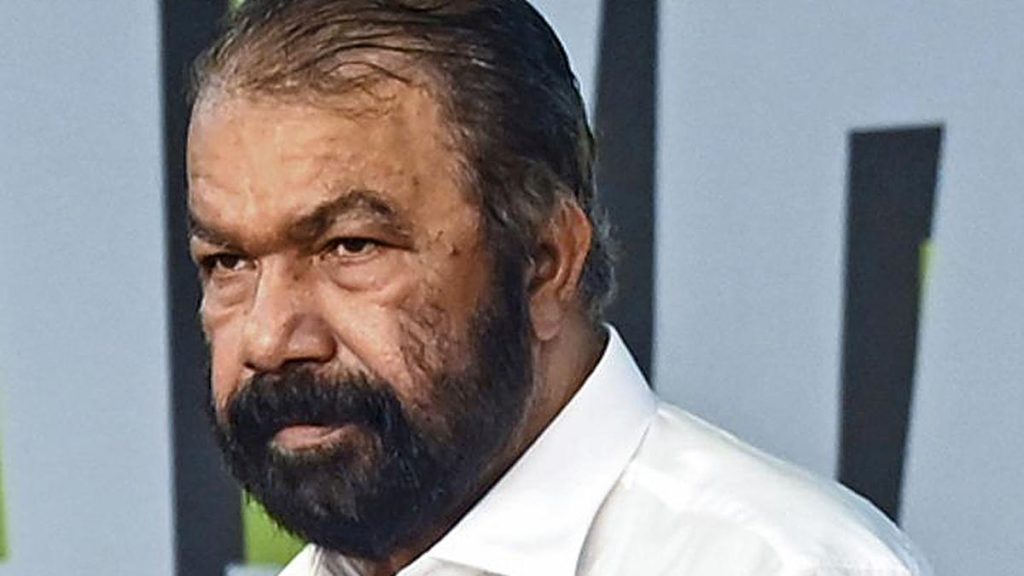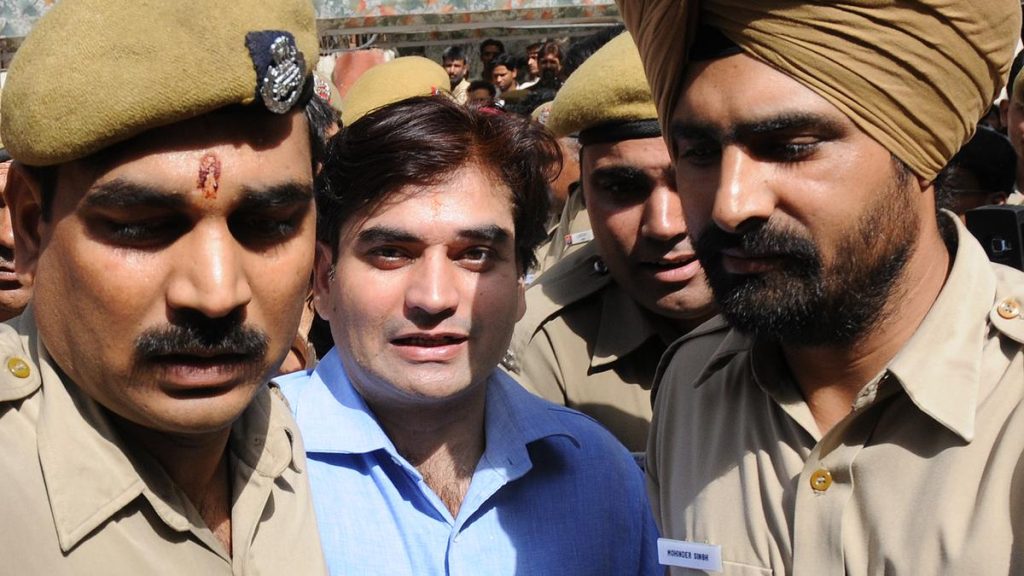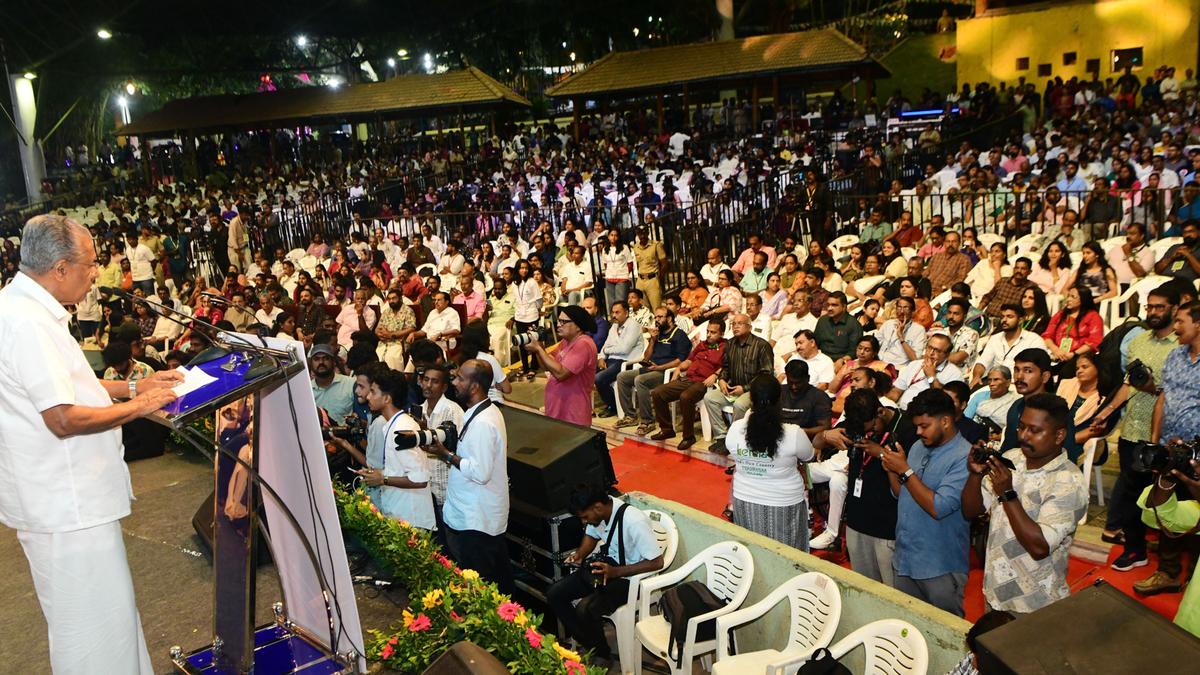Now Reading: CJI: Dignity is the Soul of the Constitution and a Unifying Force
-
01
CJI: Dignity is the Soul of the Constitution and a Unifying Force
CJI: Dignity is the Soul of the Constitution and a Unifying Force

Quick Summary
- Chief Justice of India B.R.Gavai emphasized that human dignity is the “soul of the Constitution,” forming the basis for values like personal liberty, equality, freedom to choose, and fraternity.
- The Supreme Court has consistently upheld human dignity through its judgments benefiting marginalized groups such as women, prisoners, workers, and persons with disabilities.
- Delivering a keynote at the 11th Dr. L.M. Singhvi Memorial Lecture titled “Human Dignity as the Soul of the Constitution: Judicial Reflections in the 21st Century,” CJI Gavai stressed that dignity is integral to autonomy and self-determination for individuals.
- Lok Sabha Speaker Om Birla; MP and advocate Abhishek Singhvi; Vice-Chancellor C. Raj Kumar; along with former judges and parliamentarians were present at the event.
- The court’s interpretation has extended beyond physical needs to ensure aggrieved individuals lead lives enriched by freedom, opportunity, and respect.
- Dignity in Constitutional terms refers to an “intrinsic worth” owed to all humans simply for being part of humanity-a principle essential for societal cohesion and national unity.
Indian Opinion Analysis
Chief Justice B.R. Gavai’s reflections highlight how judicial interpretation can continuously adapt India’s Constitution to modern societal challenges while staying rooted in basic principles like human dignity. By ensuring recognition of everybody’s intrinsic worth-regardless of background-the judiciary reinforces core democratic ideals underpinning social harmony and national integration. Cultural contexts where inequality persists may see broader applications from such values within legal discussions or policies aimed at empowering marginalized communities and fostering egalitarianism further-critical elements for India’s future development.
Read more: Link
























